For the past year and a half, I’ve been spending my days working on a small, naturally certified farm (not technically organic, though we farm using organic practices). A small staff of anywhere from three to six (depending on the time of year) provides food for close to 300 CSA (community supported agriculture) members. We farm/raise mostly vegetables, chickens, turkeys and, on occasion, a few happy pigs.
I’ve snapped a few photos here and there (all on my cellphone, hands covered in dirt).

While the photos look nice and inviting (hopefully), in reality we’re a small farm that’s barely scraping by. It’s a sad fact for many farms our size. In a time when food is cheap and readily available, buying locally from small producers no longer seems necessary. Of course, there are hidden costs (e.g., environmental, public health) to our cheap, highly processed, devoid-of-nutrients American food supply.
Today, farmers and ranchers make up just 1.3% of the employed U.S. population. However, we (U.S. population as of 2019 = 328 million) all need to eat.
The Centers for Disease Control and Prevention estimate that only one in 10 Americans meets the daily fruit and vegetable recommendations. However, if everyone around the globe began to eat the recommended amounts of fruits and vegetables, there wouldn’t be enough to go around (according to a recent study published in The Lancet Planetary Health).
I’ve had a handful of jobs over the years, primarily desk jobs that brought minimal joy and meaning to my life. Since joining the farm, finally feel as though I have purpose, though also struggle with what our society, generally speaking, thinks of farm workers — unskilled, cheap labor. On the contrary, farming is one of the most difficult and challenging jobs out there (and, of course, essential, given that we ALL need nourishing food).
During these challenging times that we collectively face, agriculture is deemed a “critical” industry. Notwithstanding, the COVID-19 pandemic seems to be just another sign of our broken food system (i.e., unsustainable, wasteful, unjust, inequitable). I’m sure there’s more to say and better ways to say it. Just my $.02.
On a more positive note, here are a few photos from the farm, to include cute farm animals.

Brownie, the official farm cat (friendly and cute, though her work ethic is questionable)…
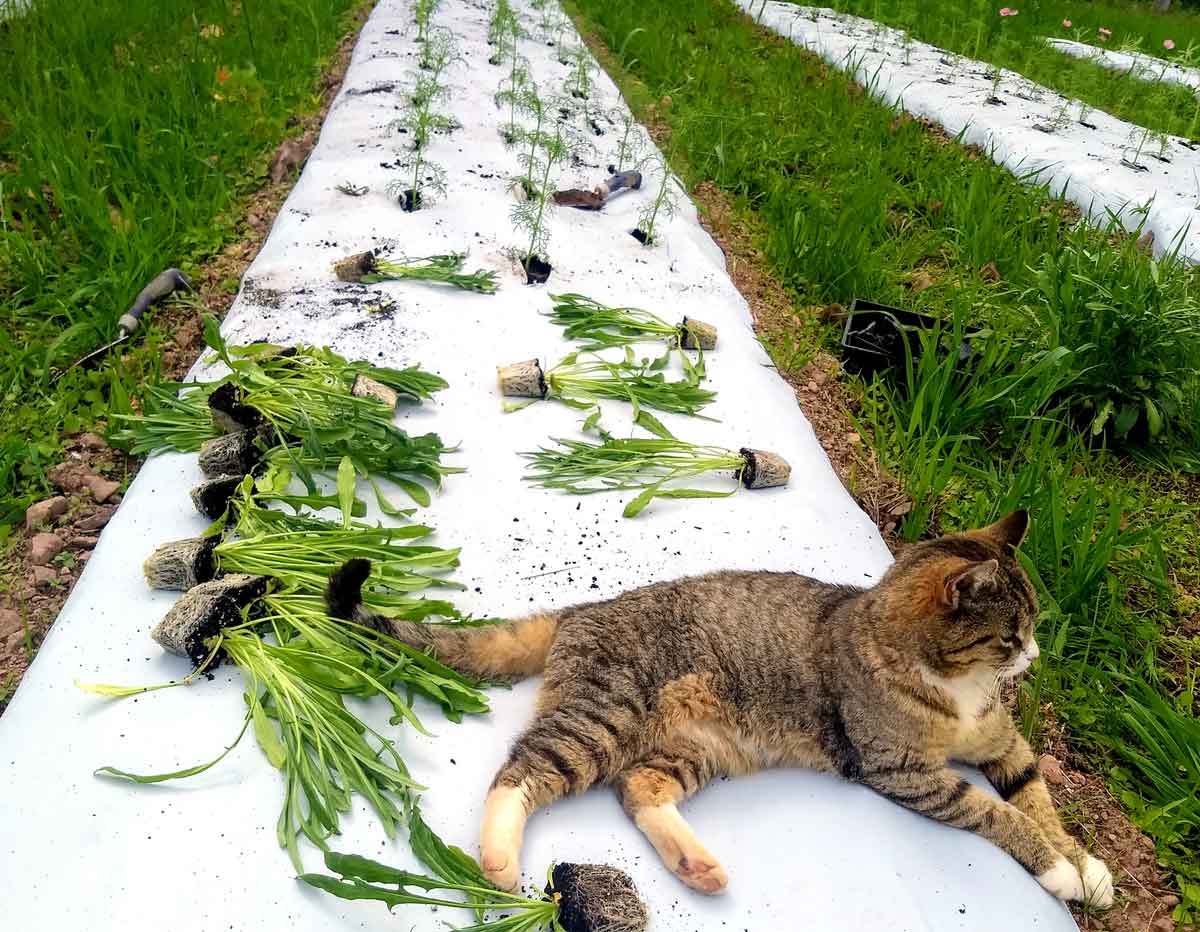
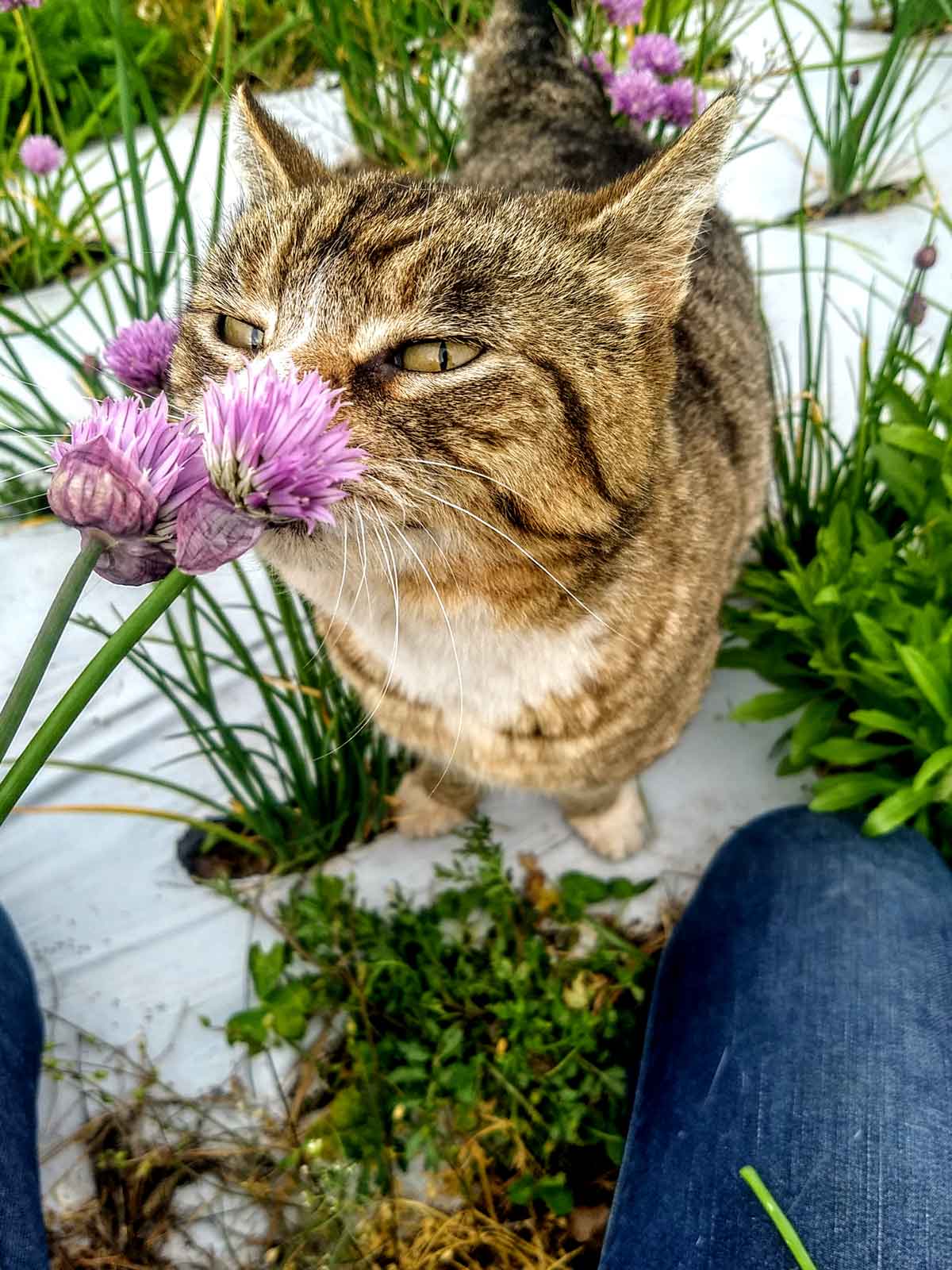

This is what pasture-raised, cage-free chickens look like…
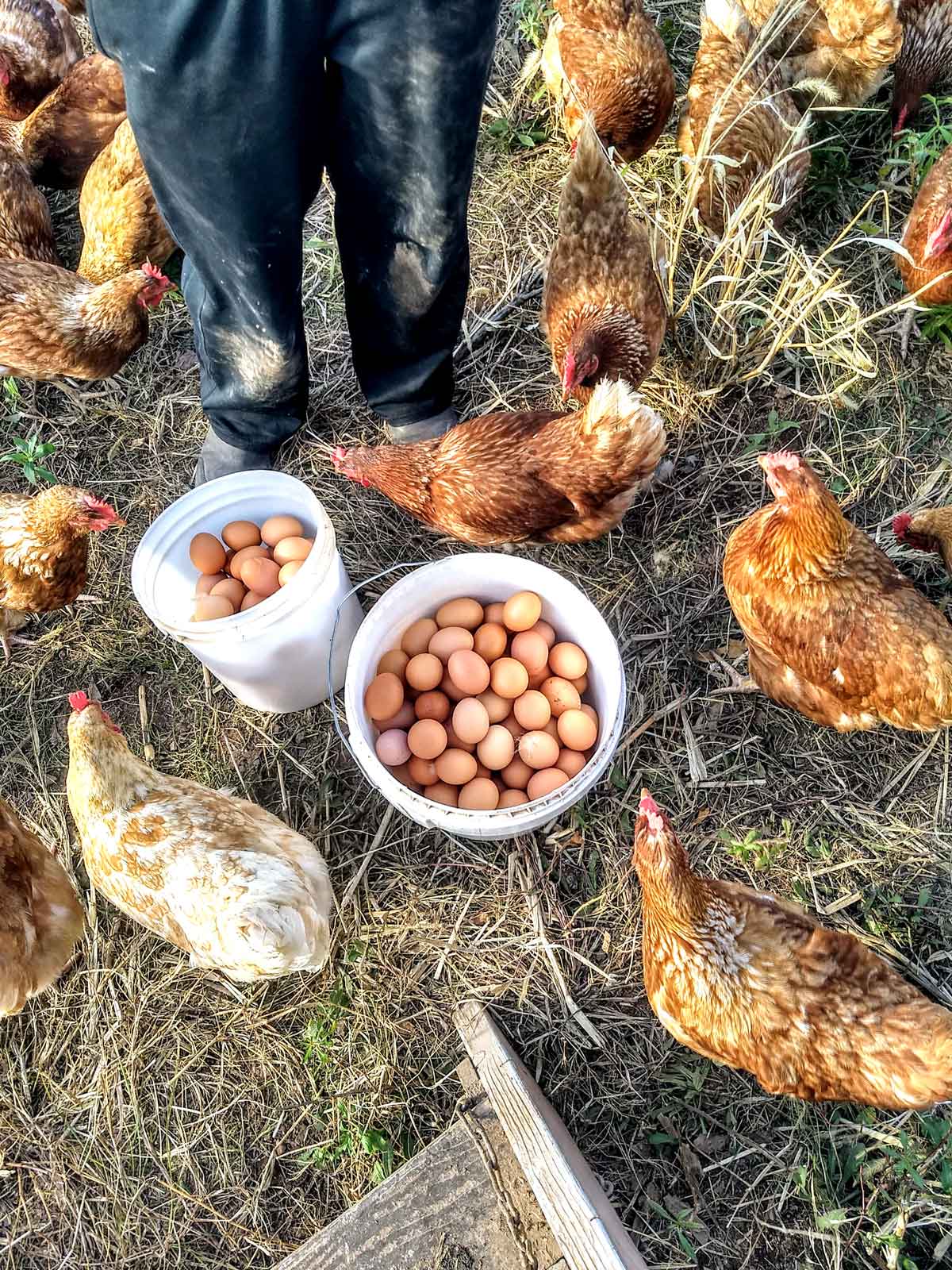
Chowing on some spinach…
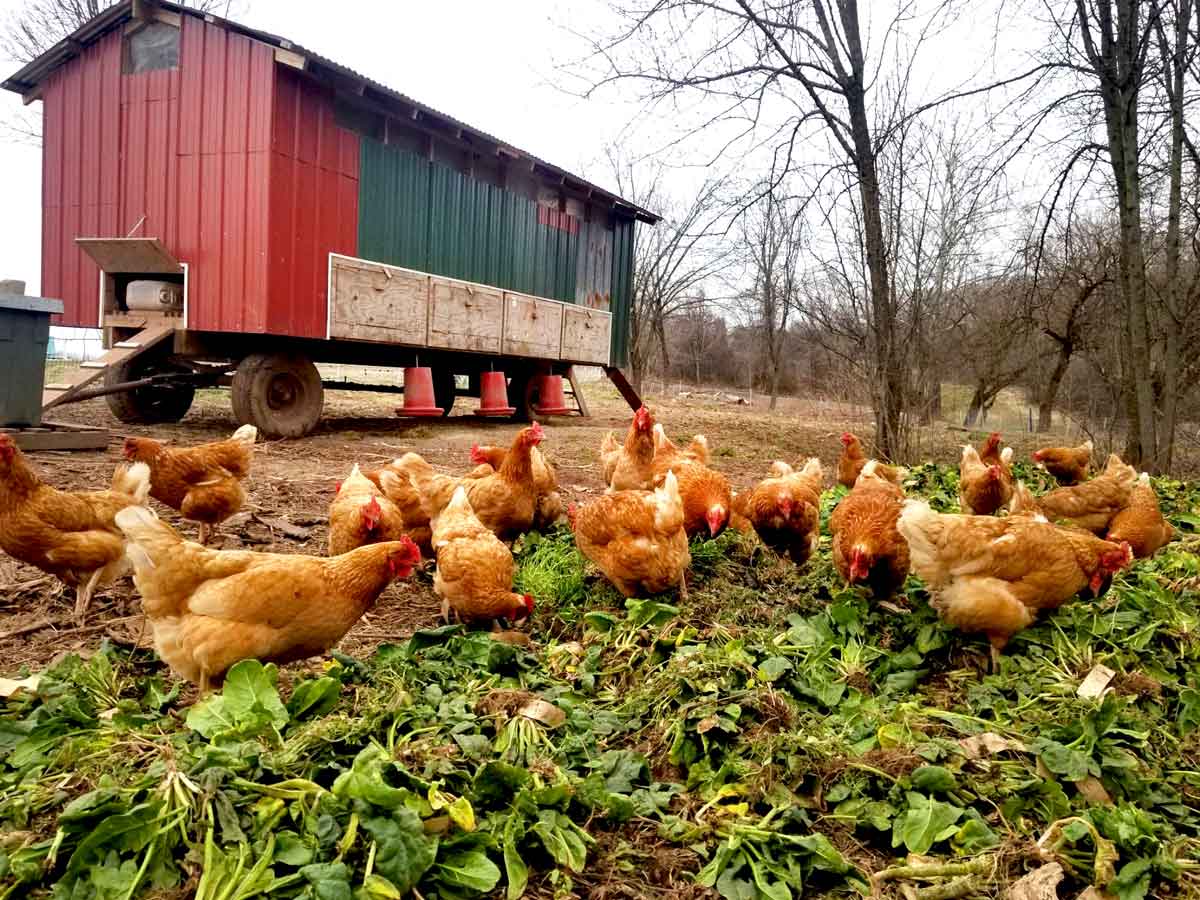
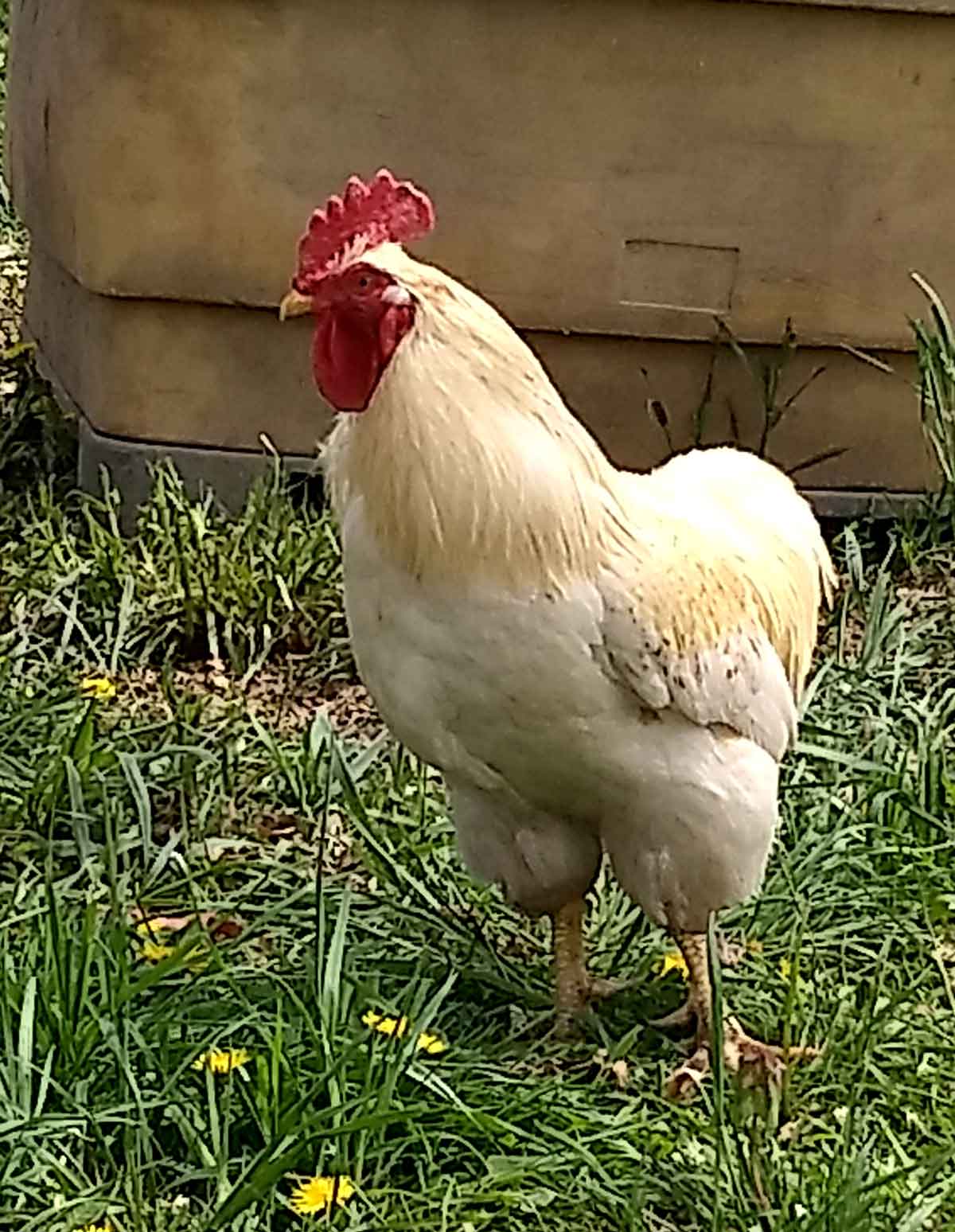
Baby turkeys…
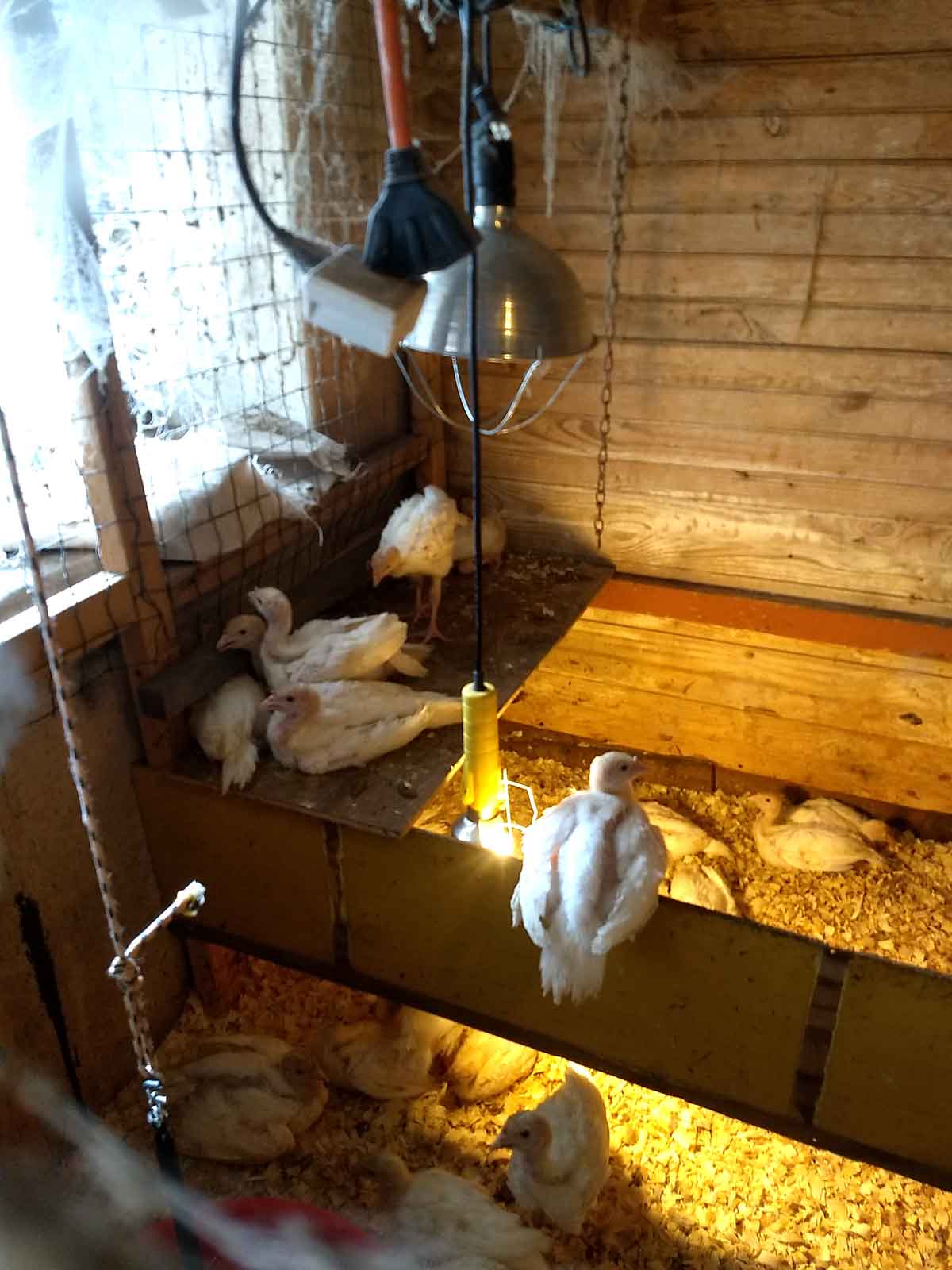
Flannery the peahen…
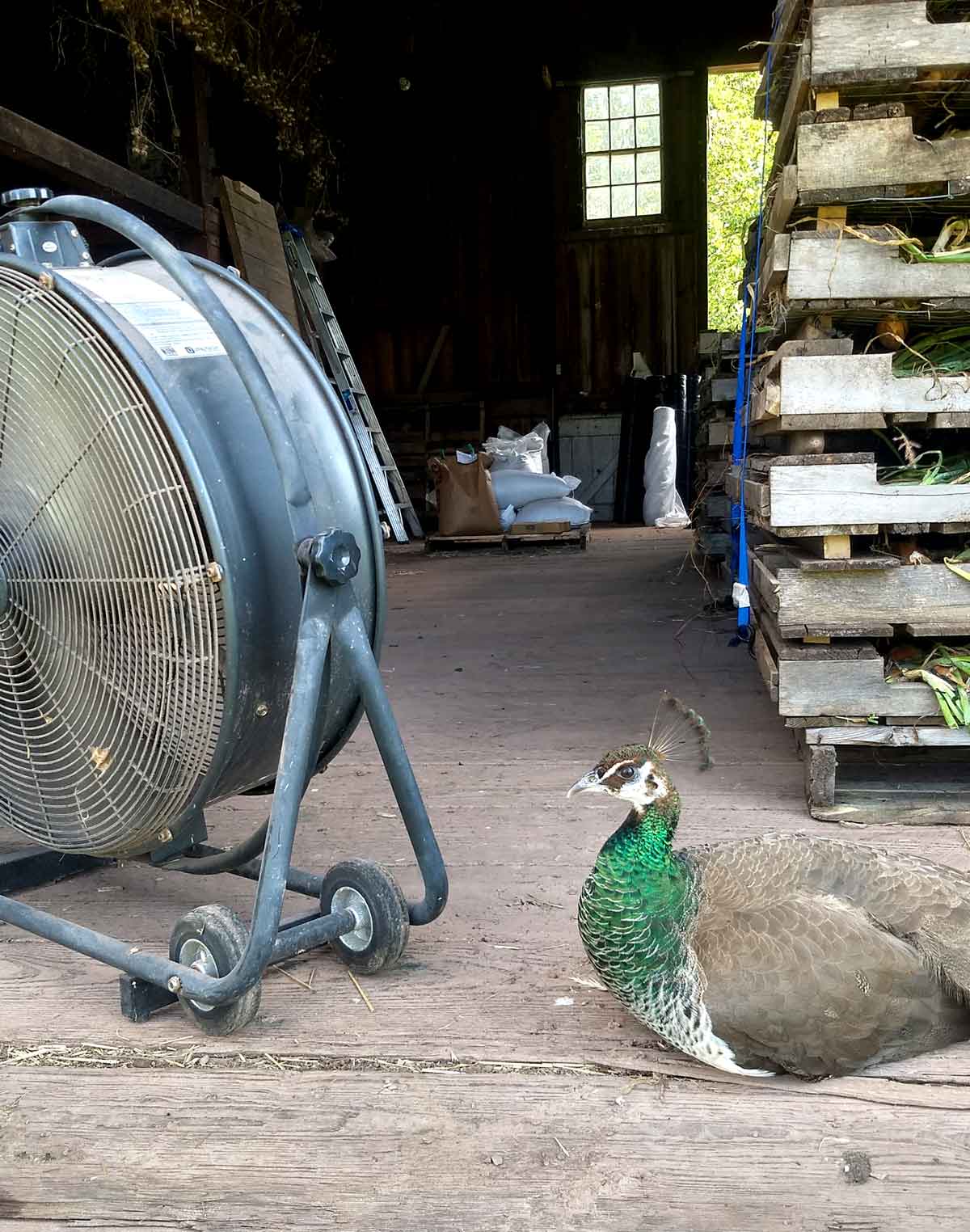
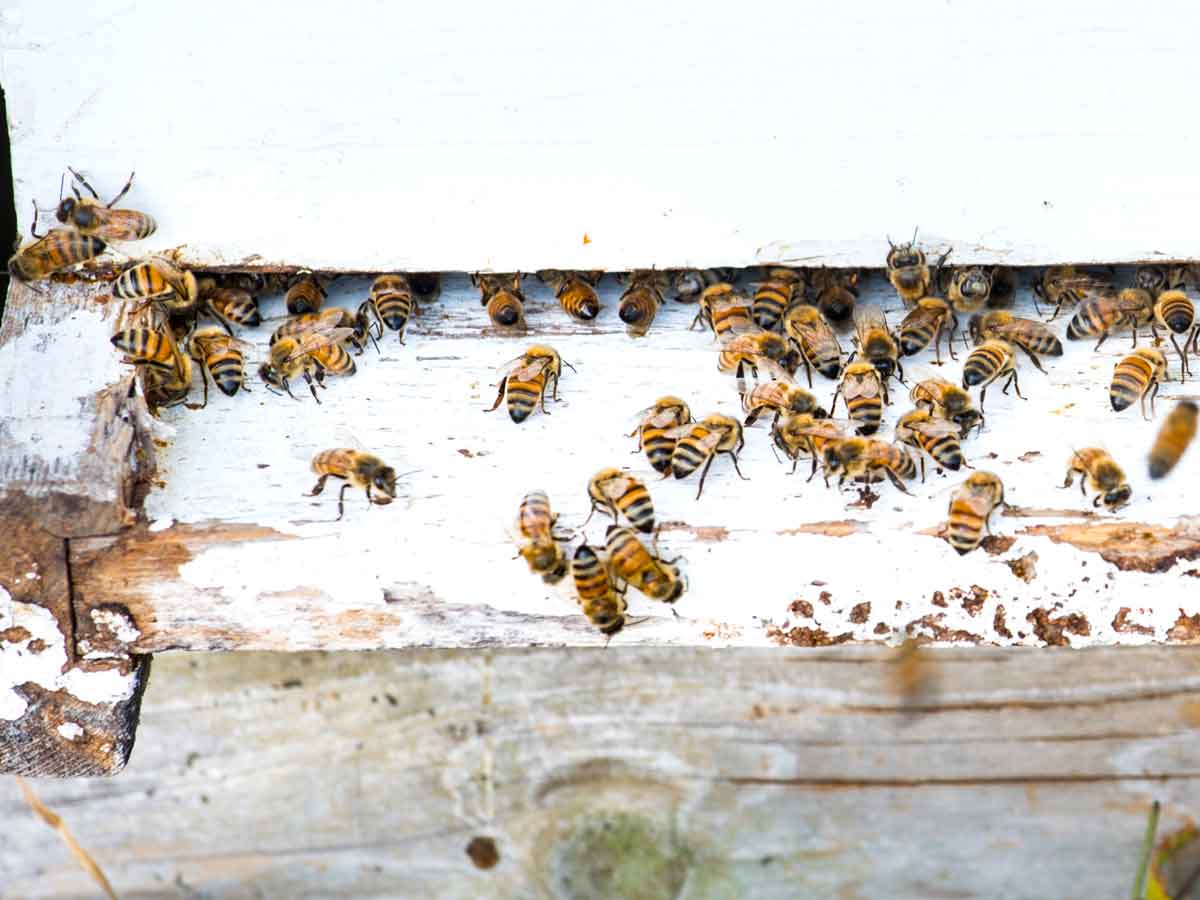
Busy bees…
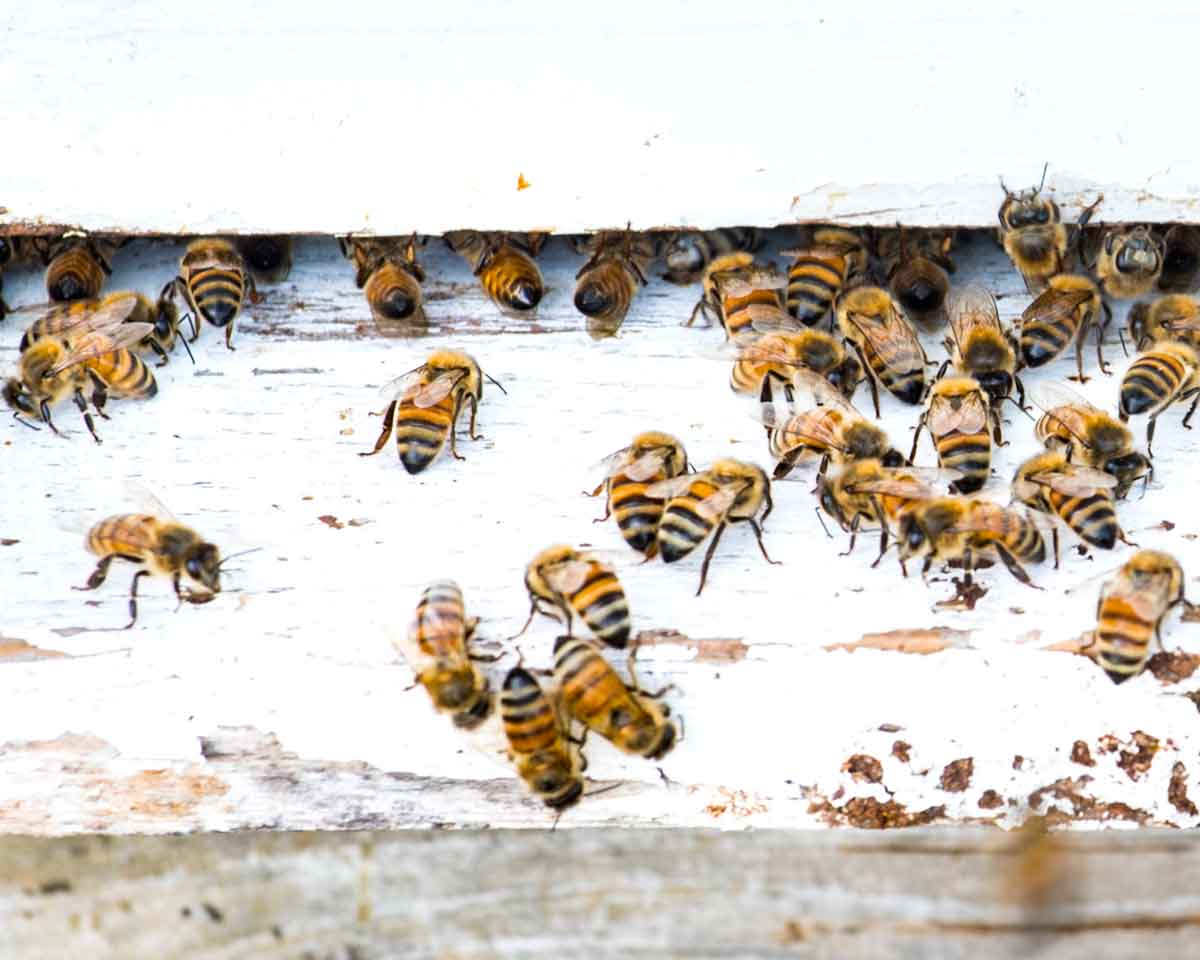
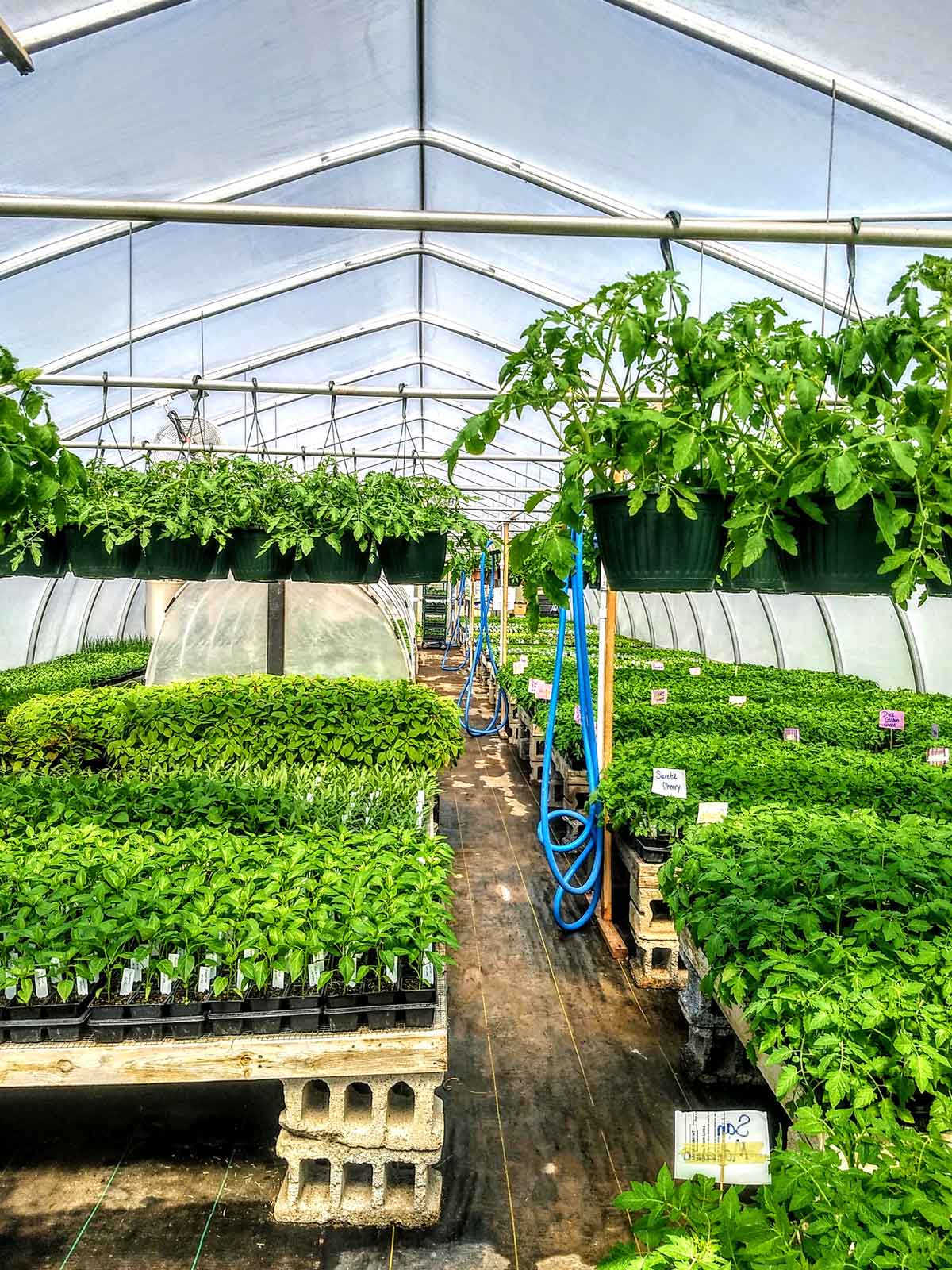

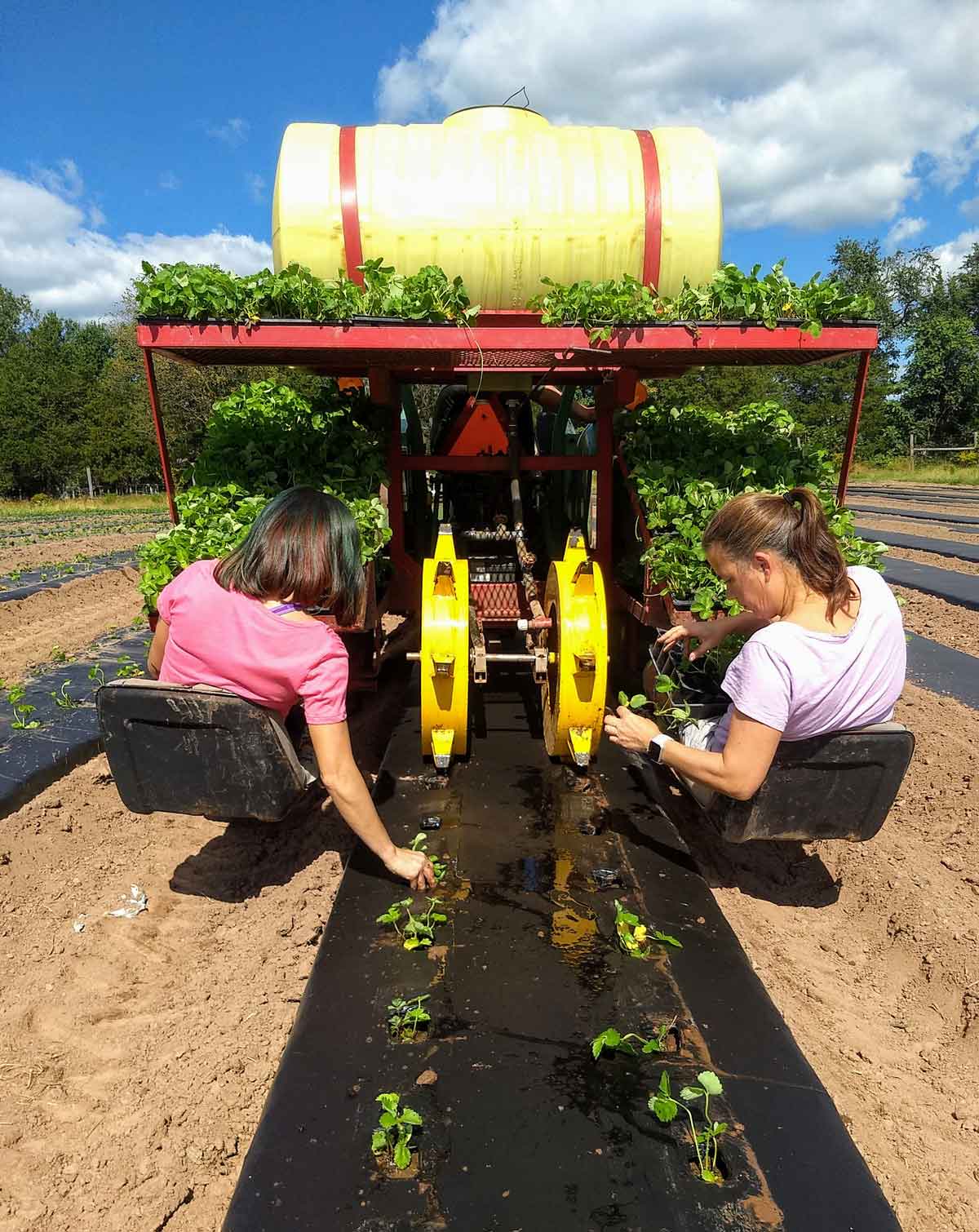
Strawberry planting (13,000 strawberry plants = lots of strawberry picking)…

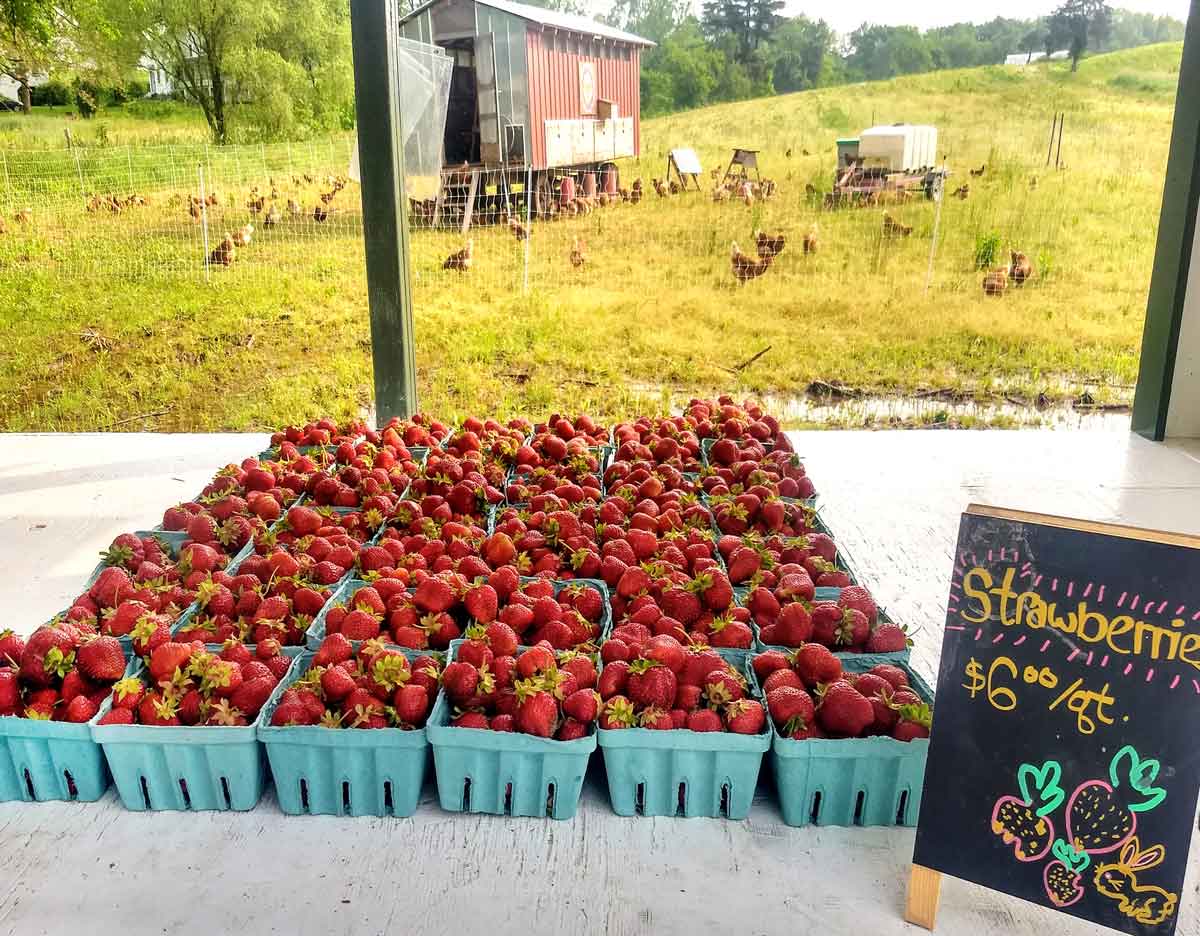
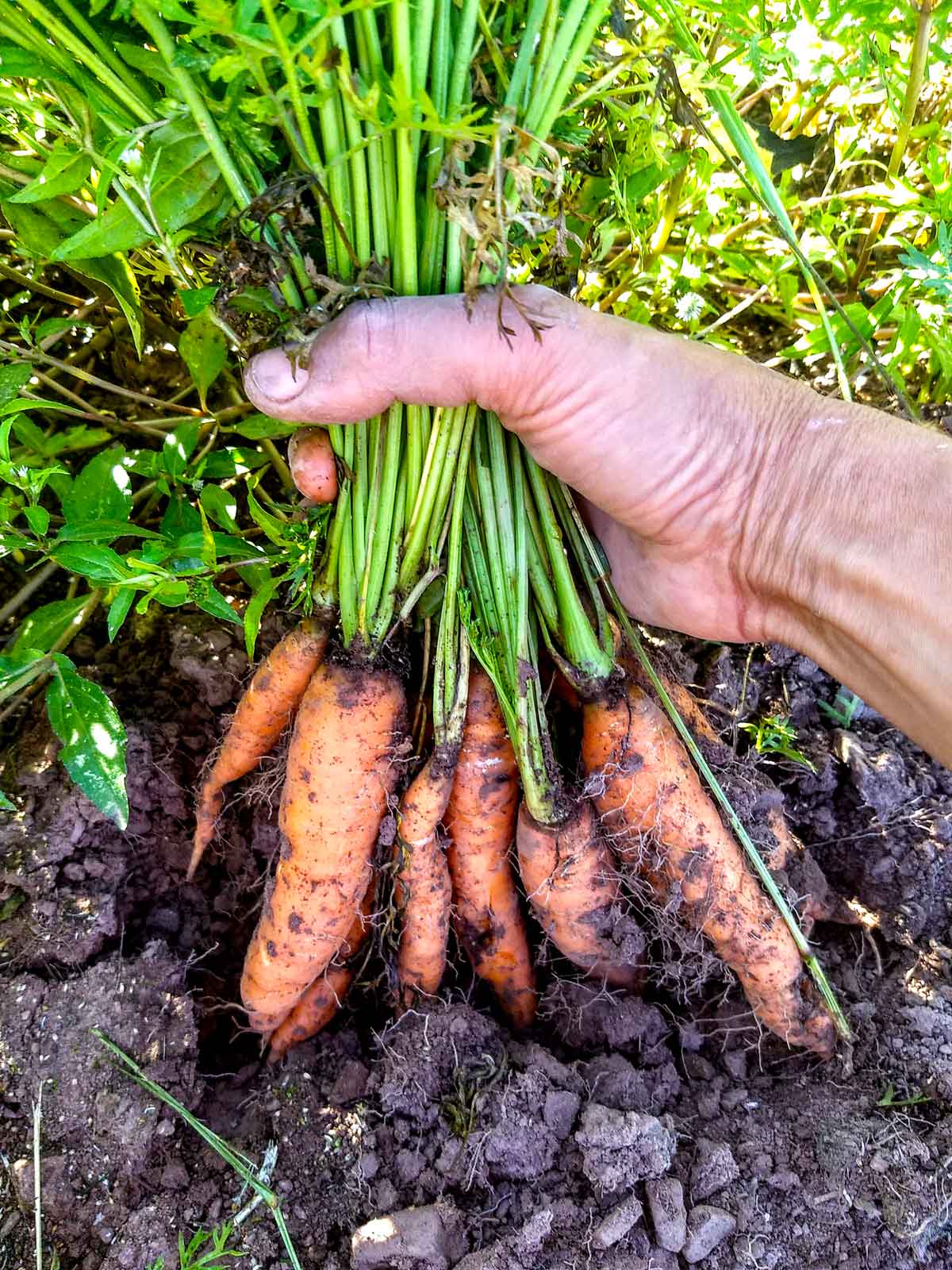
I think these carrots need a bit of privacy…
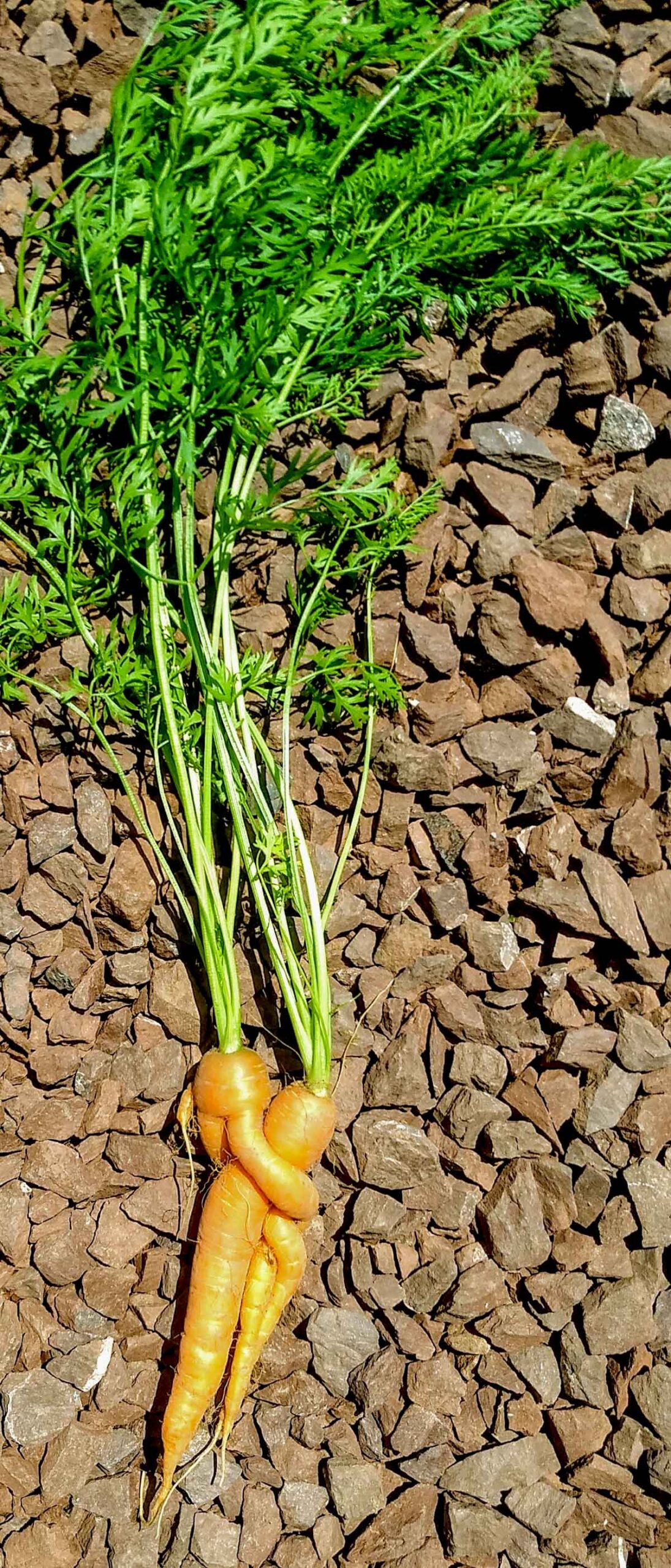
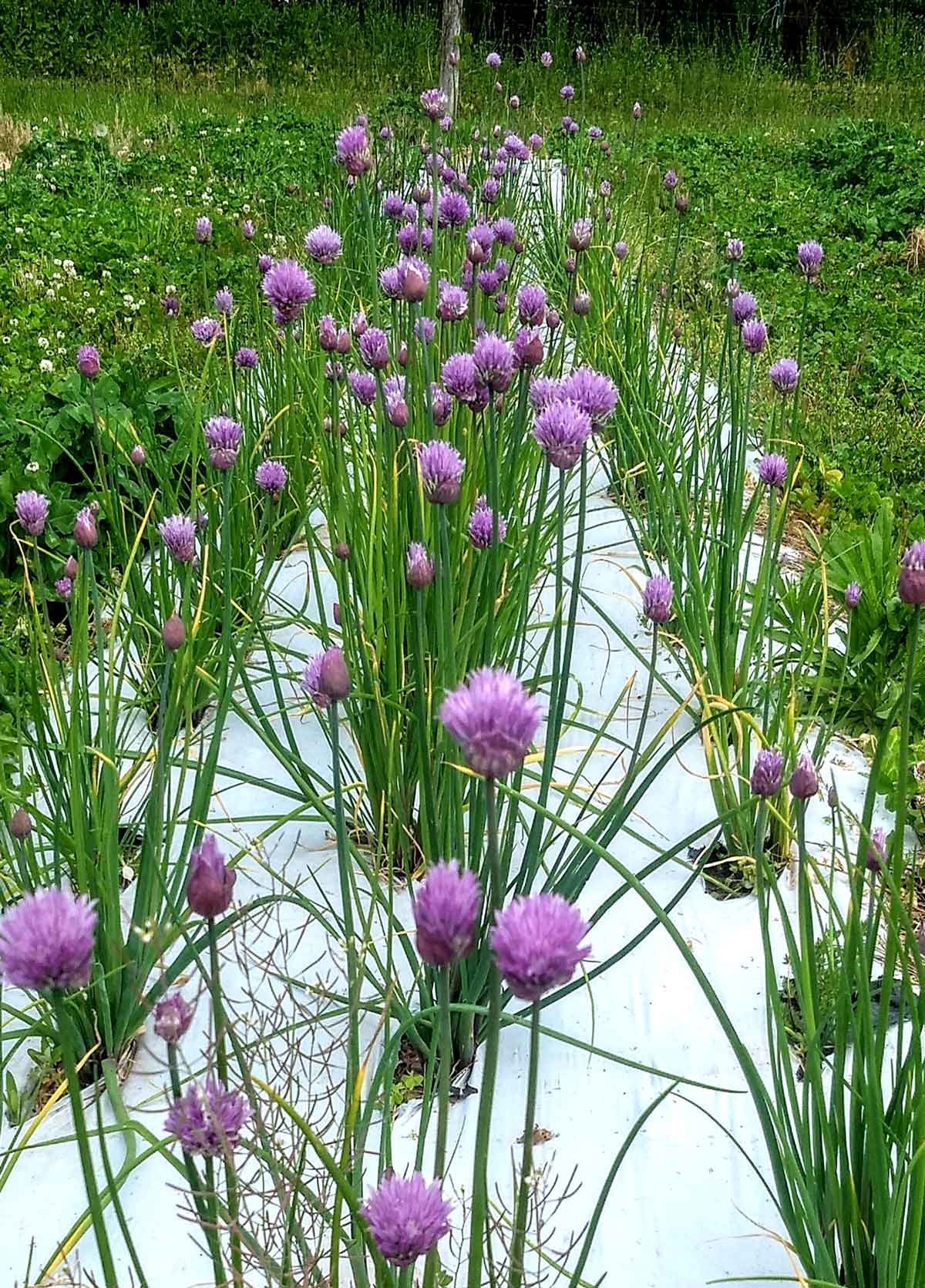
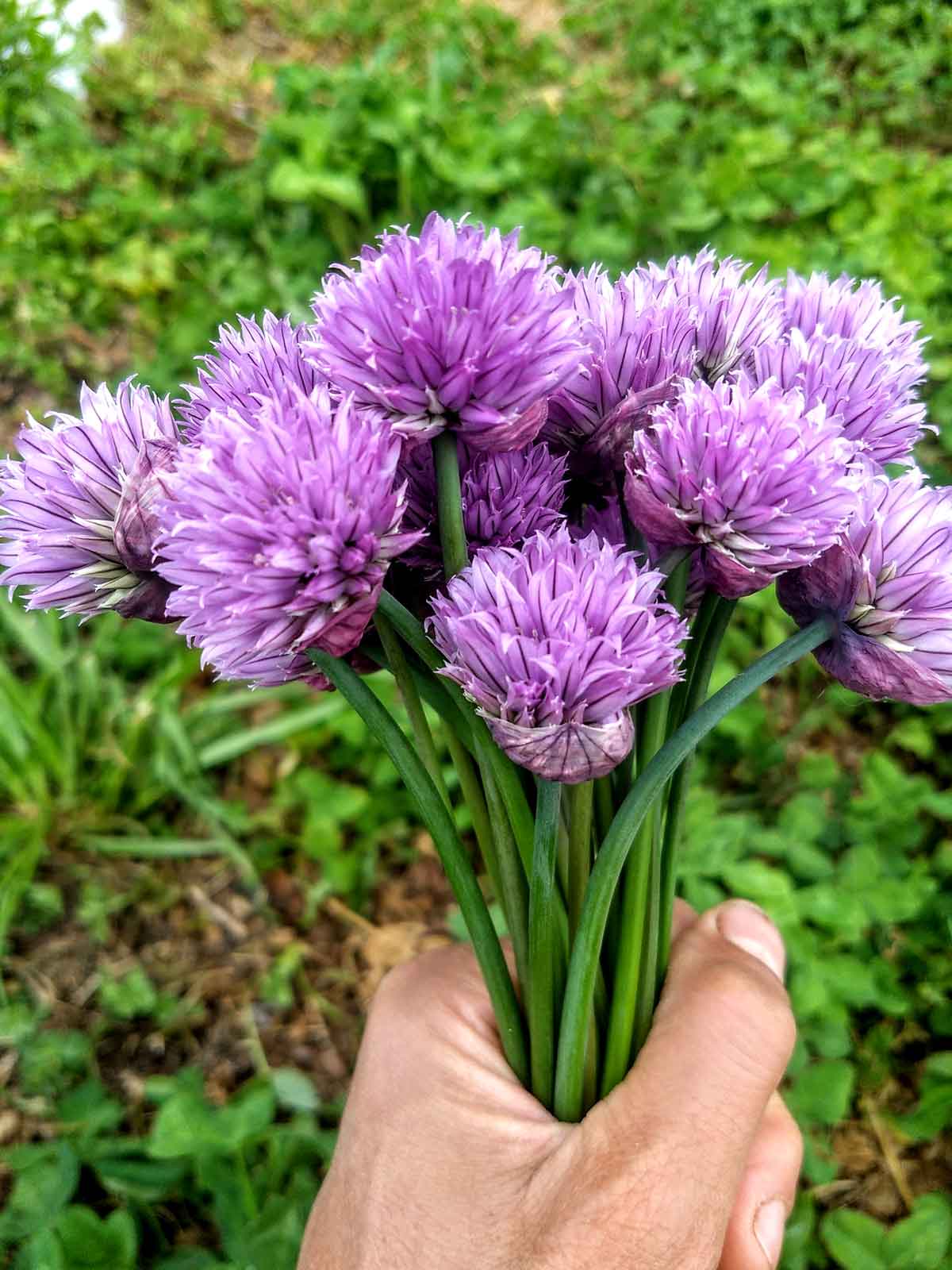

Onion harvest…

Garlic harvest…

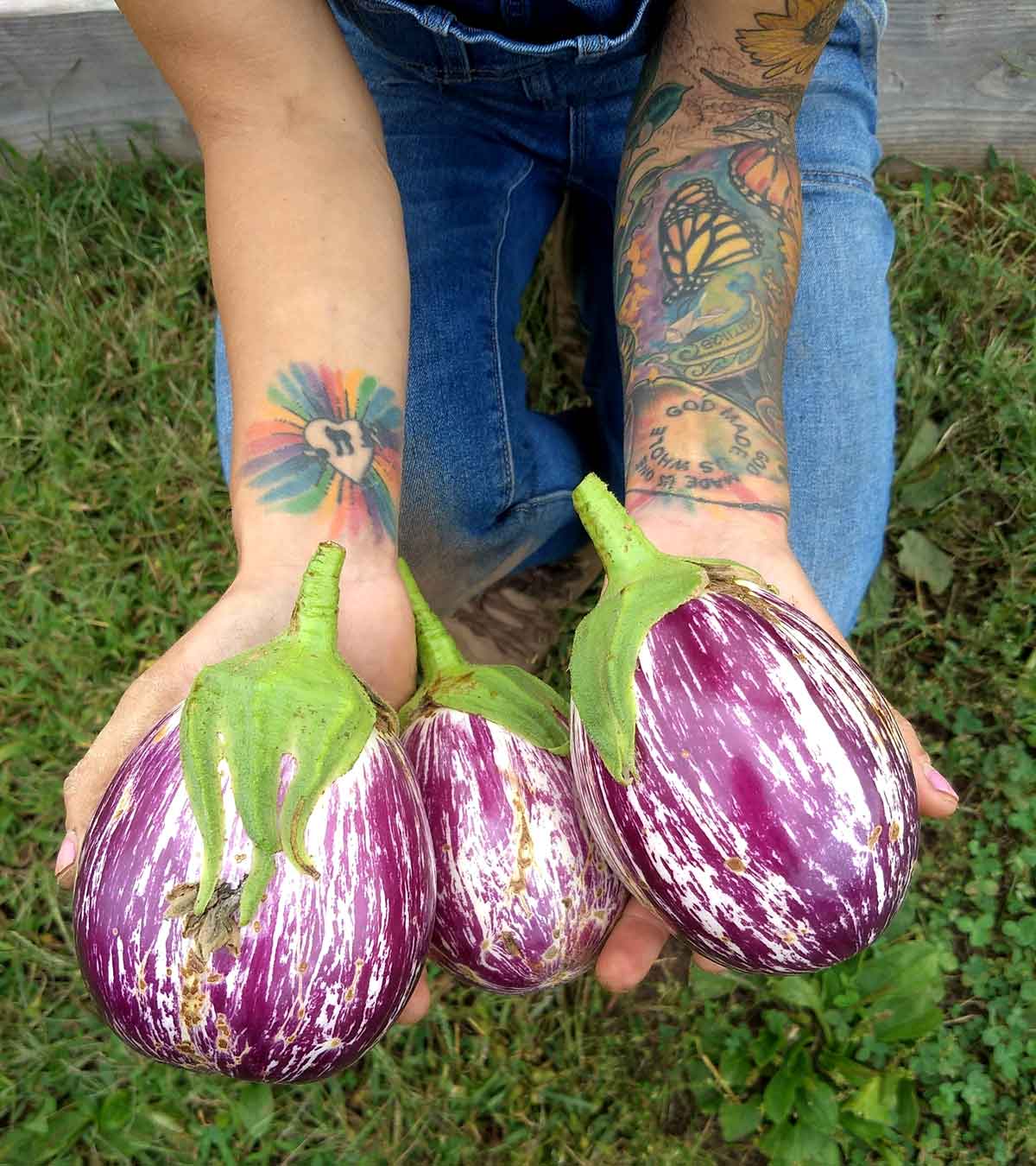
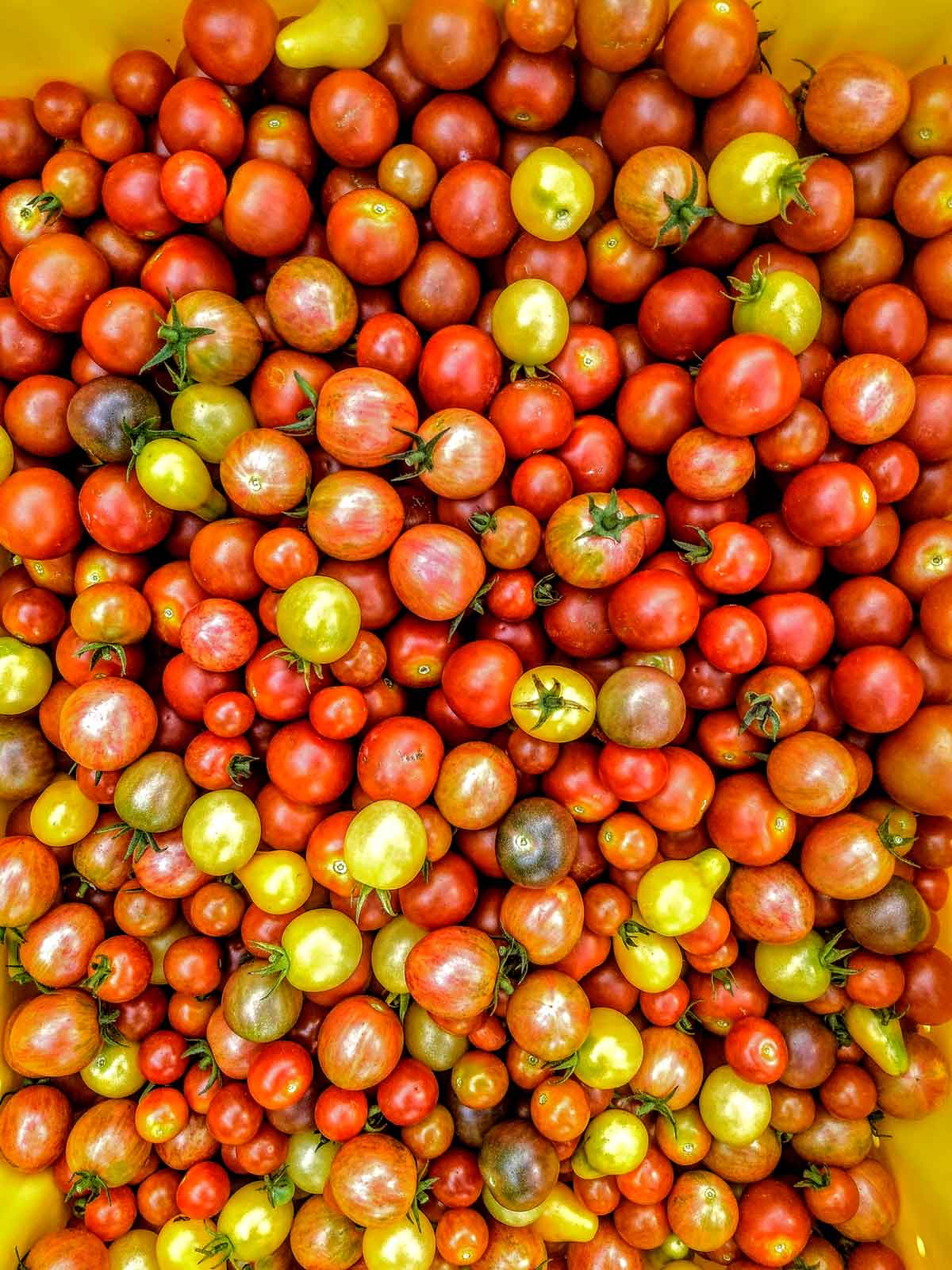
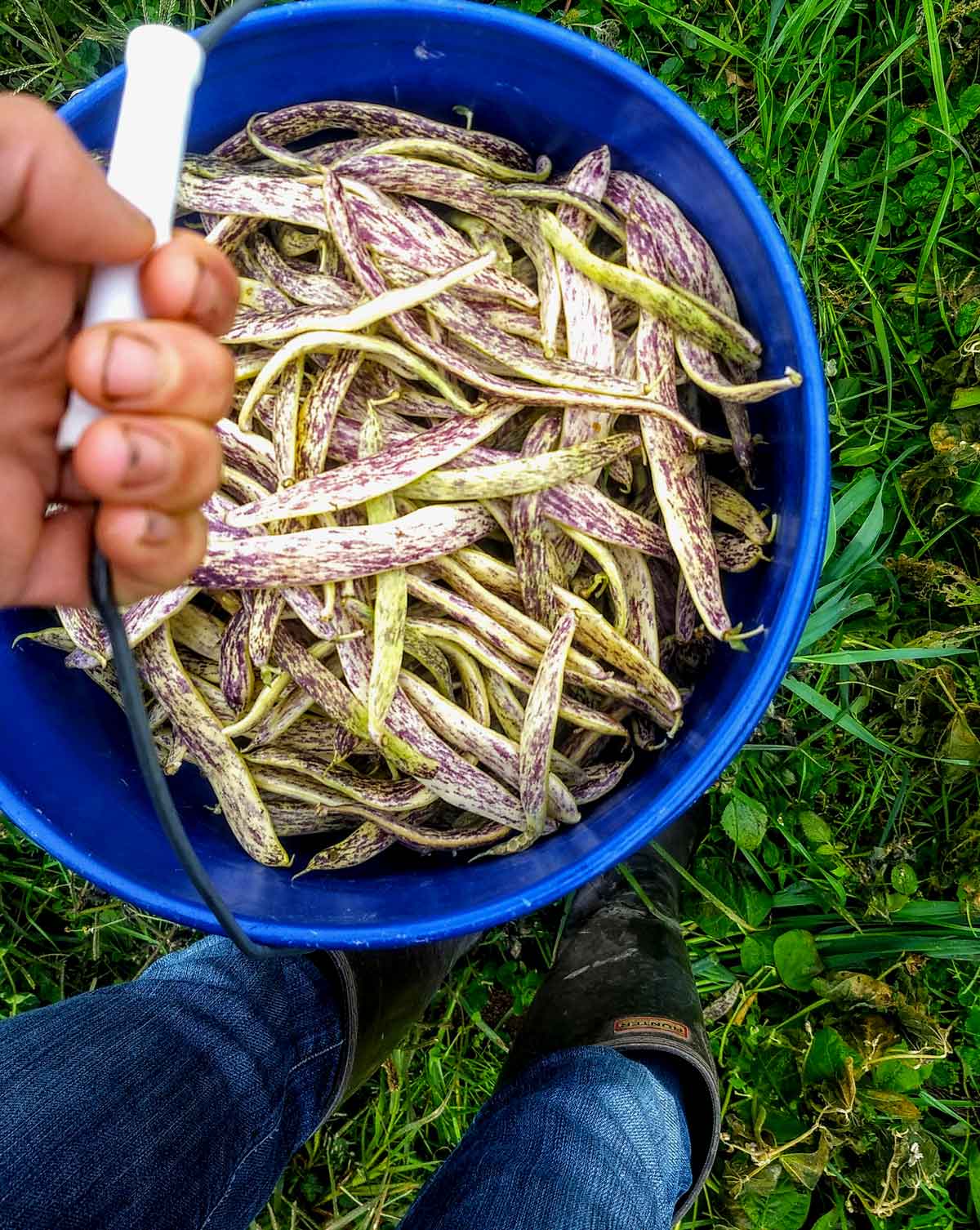
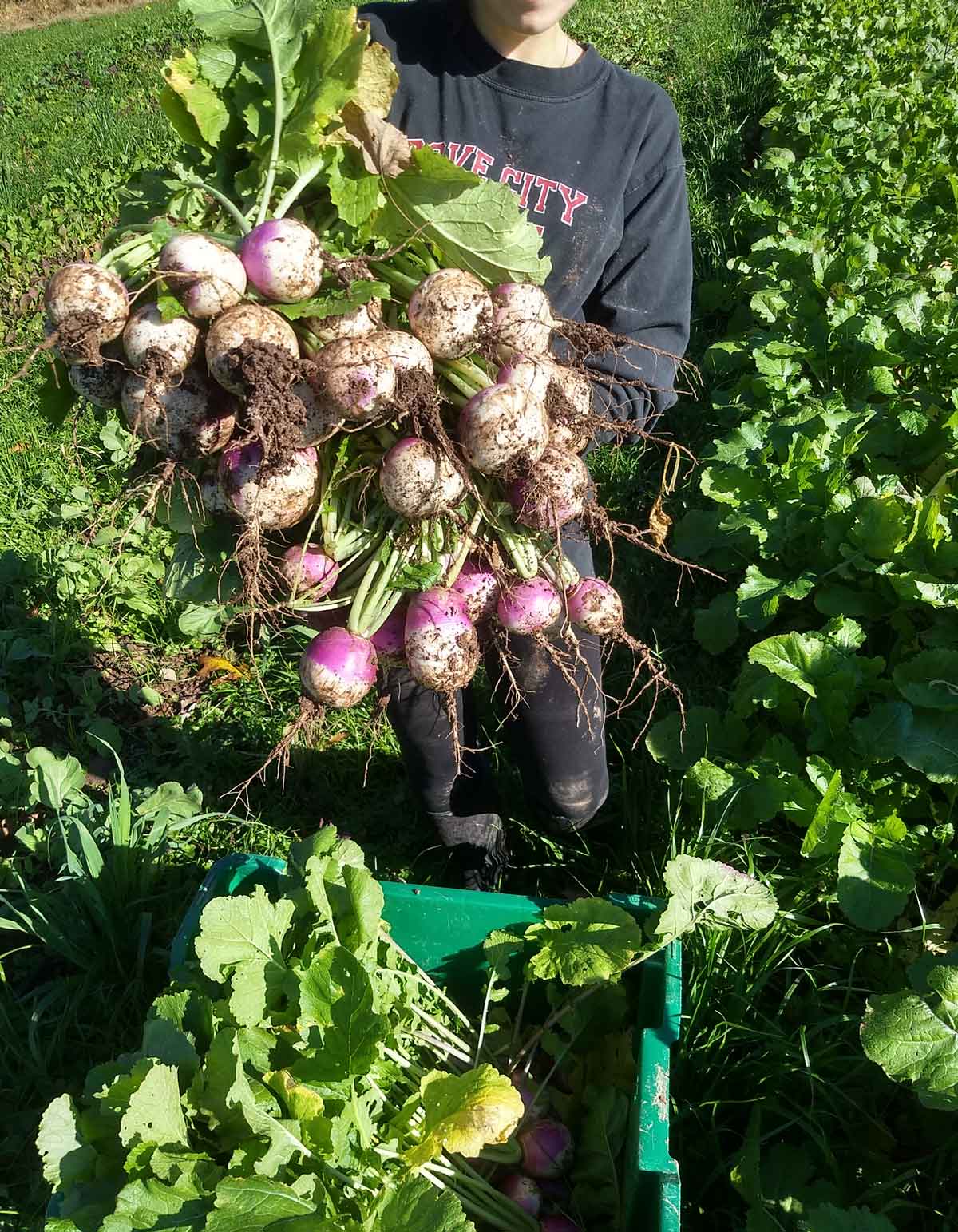
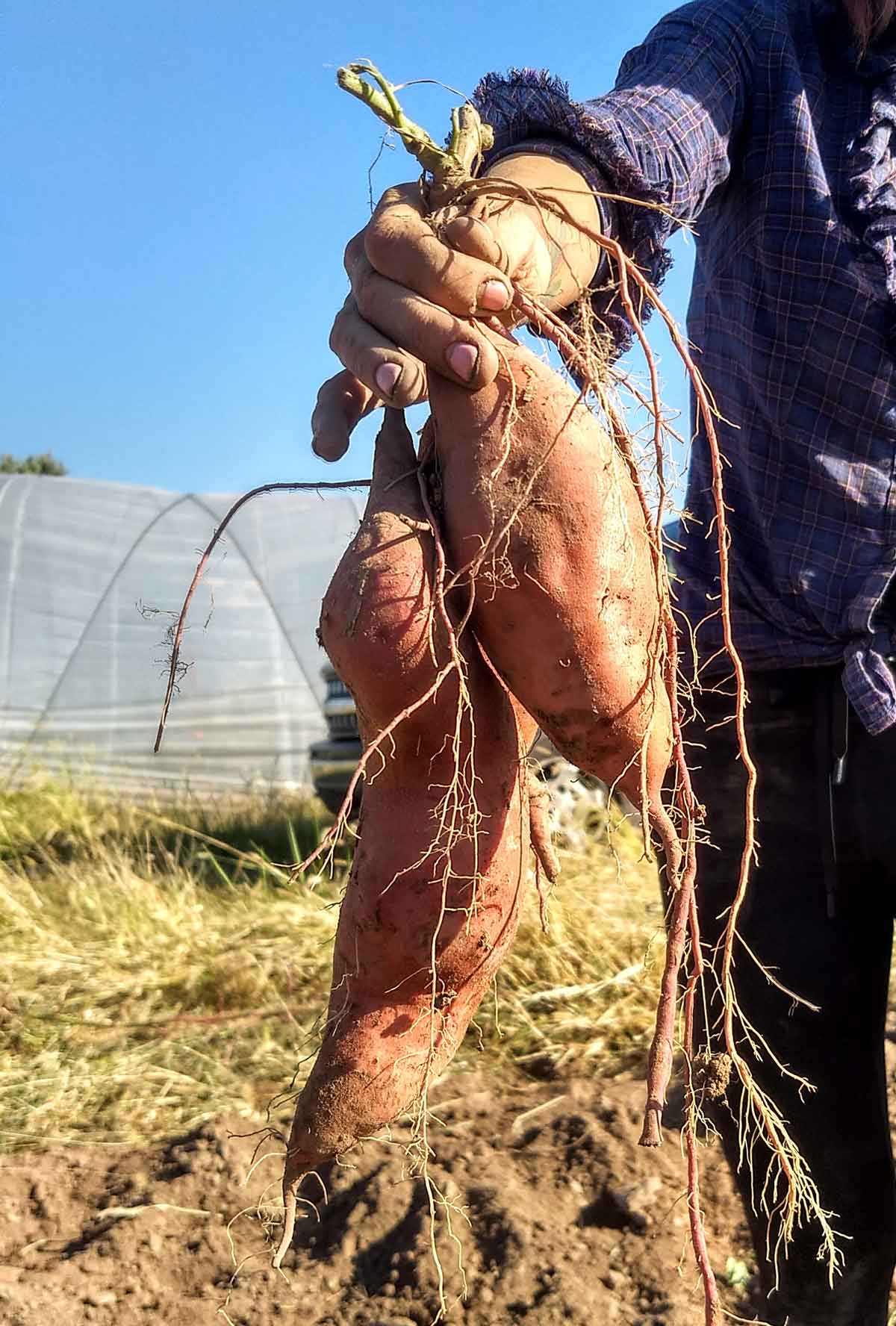

Baby birds nesting in the tomato plants…
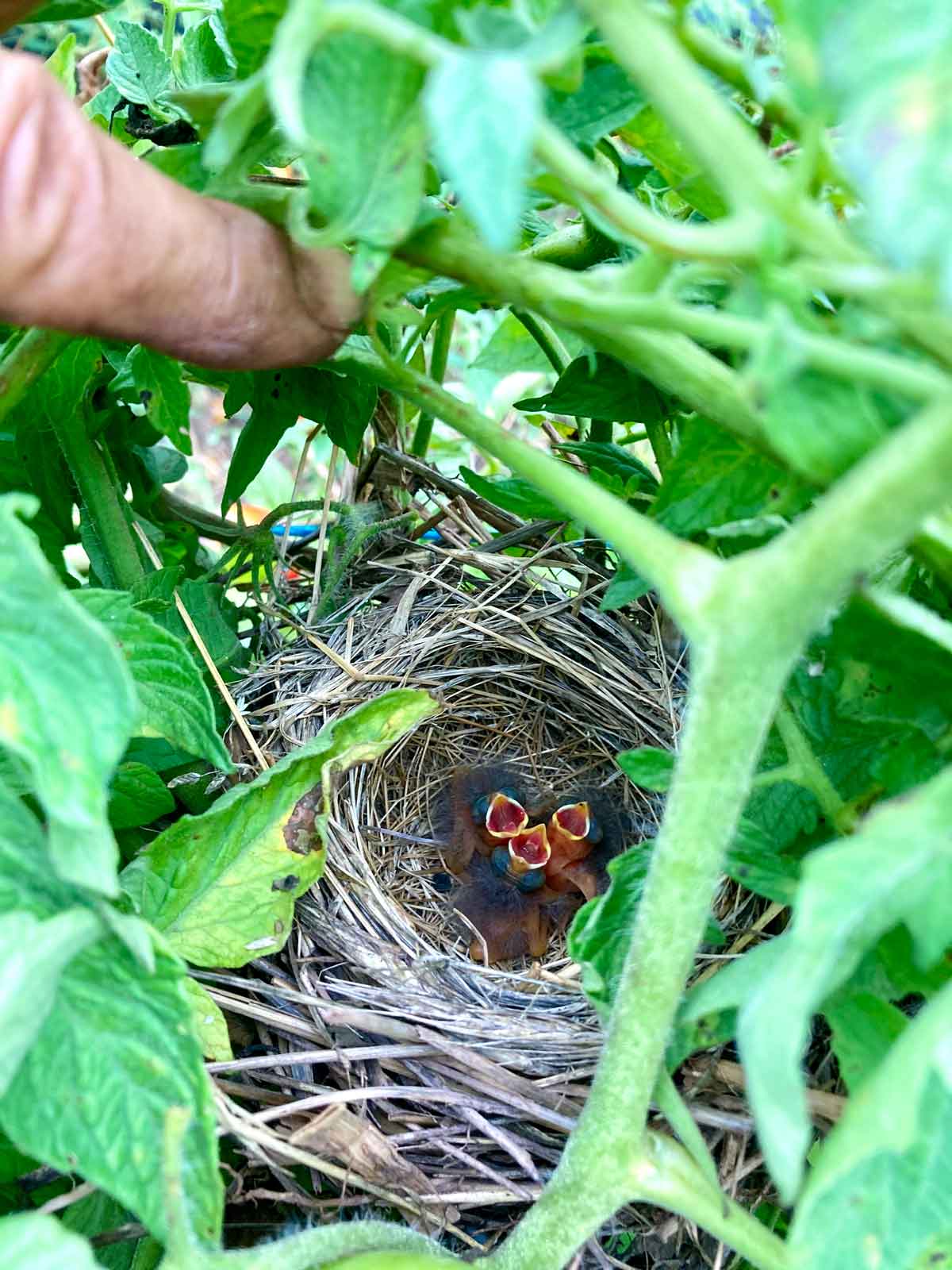
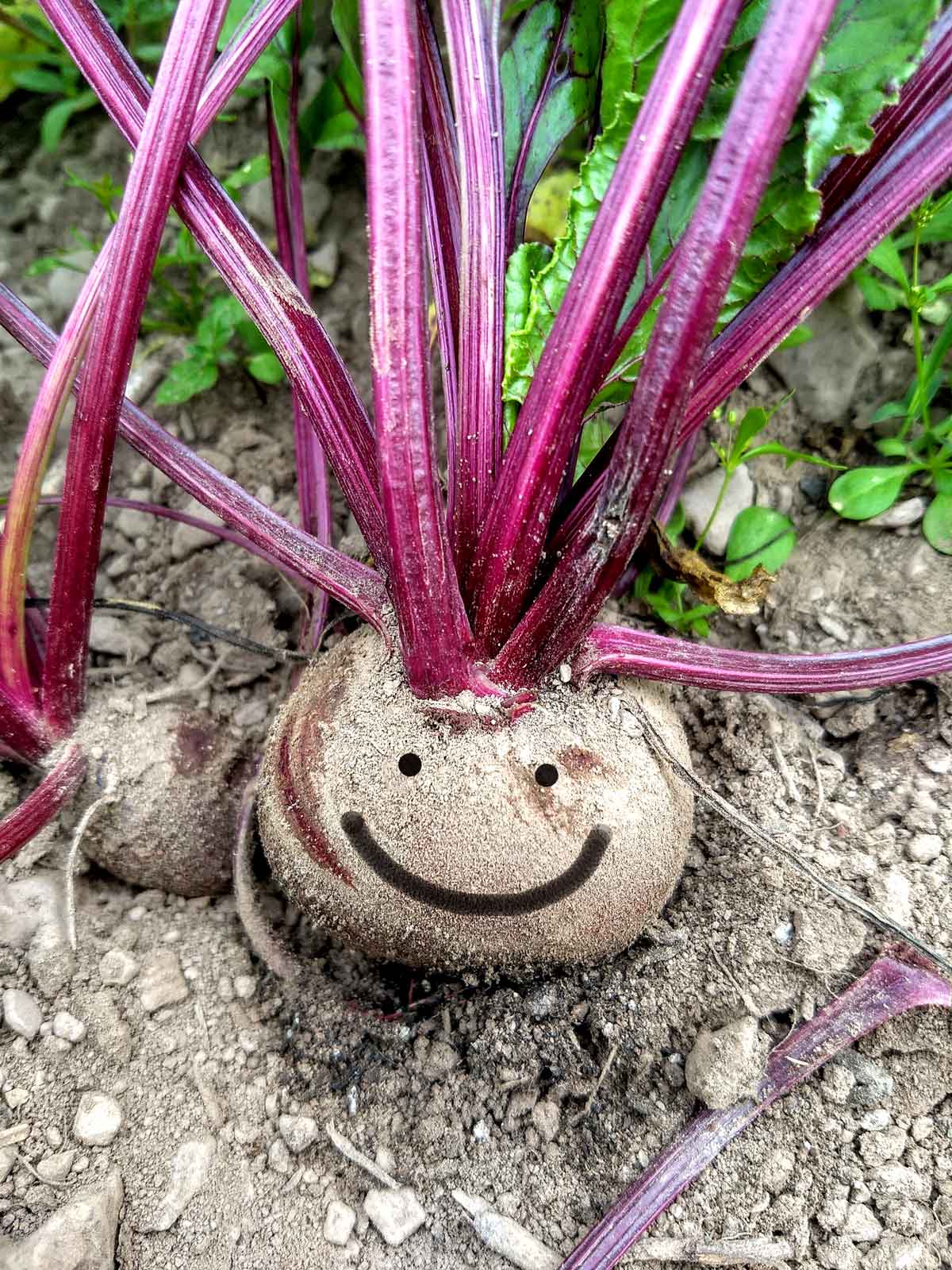
These are what happy pigs look like. Free to roam and enjoy a nap in the fresh air and sunshine after chowing down on some organic, freshly picked tomatoes.

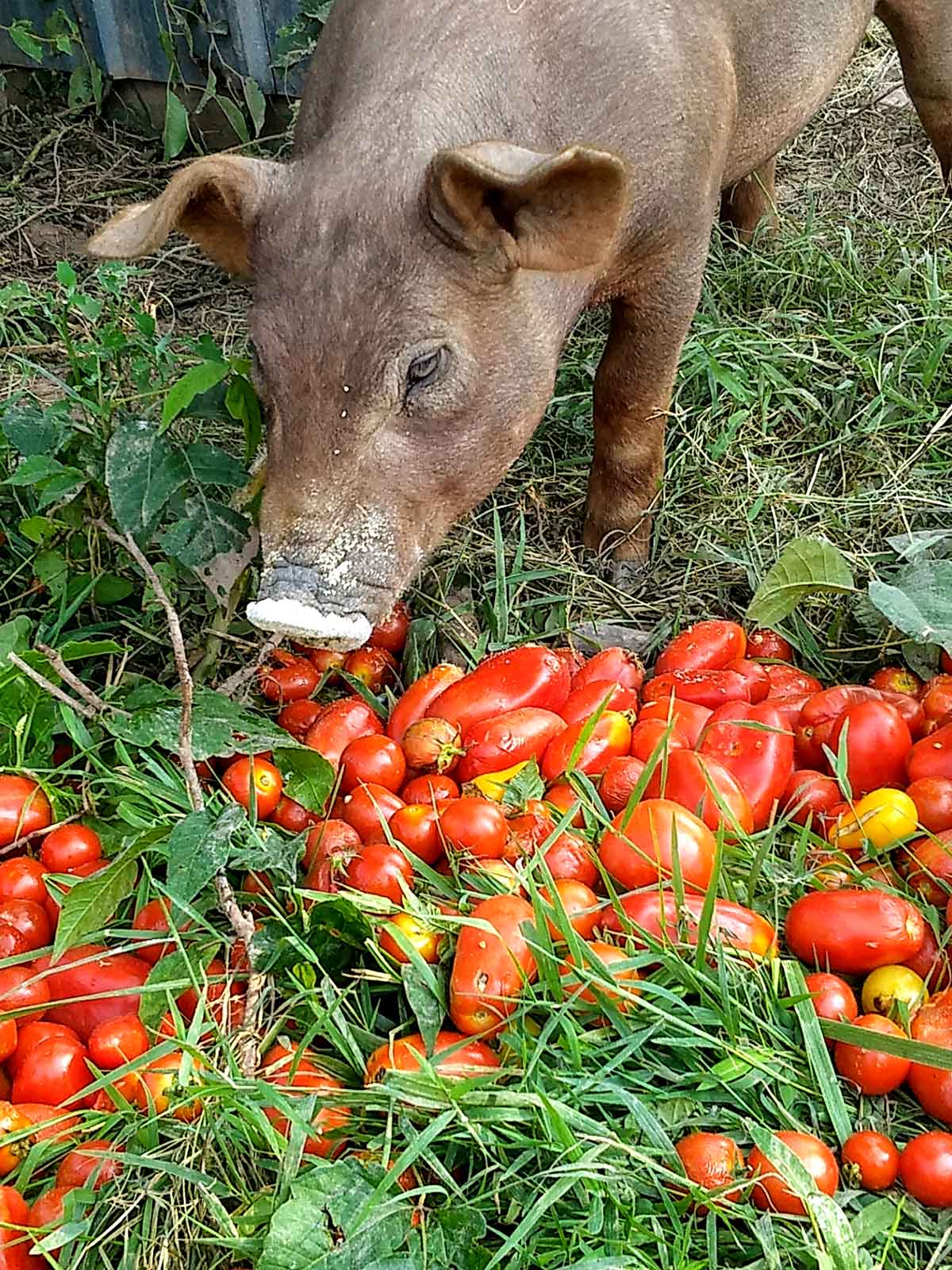



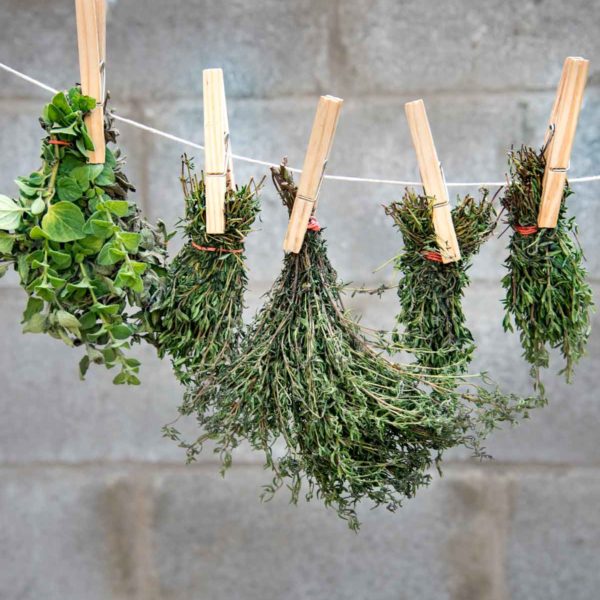

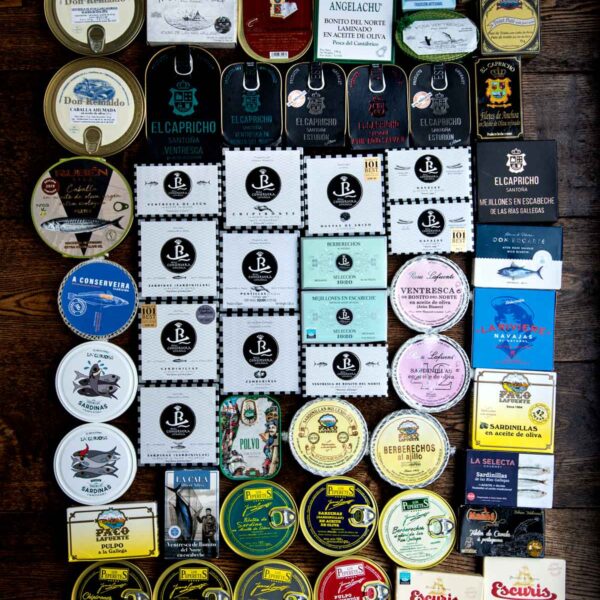


3 comments
Andrea
Hello Linda,
I am following your blog for some years now and never managed to post a comment. Until now:-) And that is not because I do not love your recipes, or your photos. Or your stories. I just went on to cooking/baking and there goes my comment.
But I have to say I agree so much with your post about the importance of locally sourced food. And the importance of small farms and artisan food. My family and I buy vegetables for more the 7 years from a local farm that commits to organic produce and we commit to buy all the products. We and the families they partner all year round. Which was kind of difficult at the beginning: what shall I do with so much spring onions? What to do with beetroot, other then pickles? But with kilos and kilos of potatoes? So I had to get creative and this took us to new recipes and discoveries in terms of food. And I can’t even imagine our lives without our little garden…kind of:-)
Thank you for sharing!
wildgreensandsardines@gmail.com
Hi Andrea,
Thanks for your thoughtful comment. One of the things I love most about blogging is connecting with people who share a passion for good food and quality ingredients. Happy cooking!!